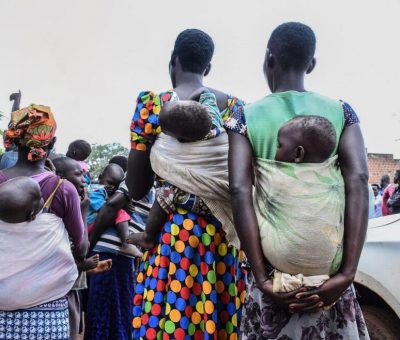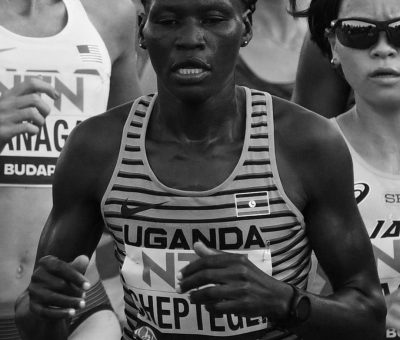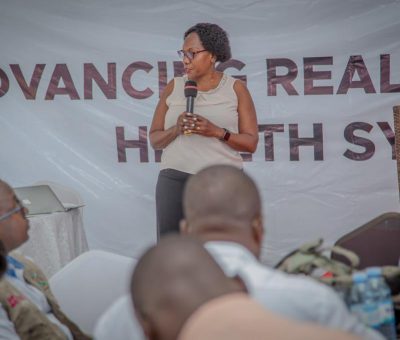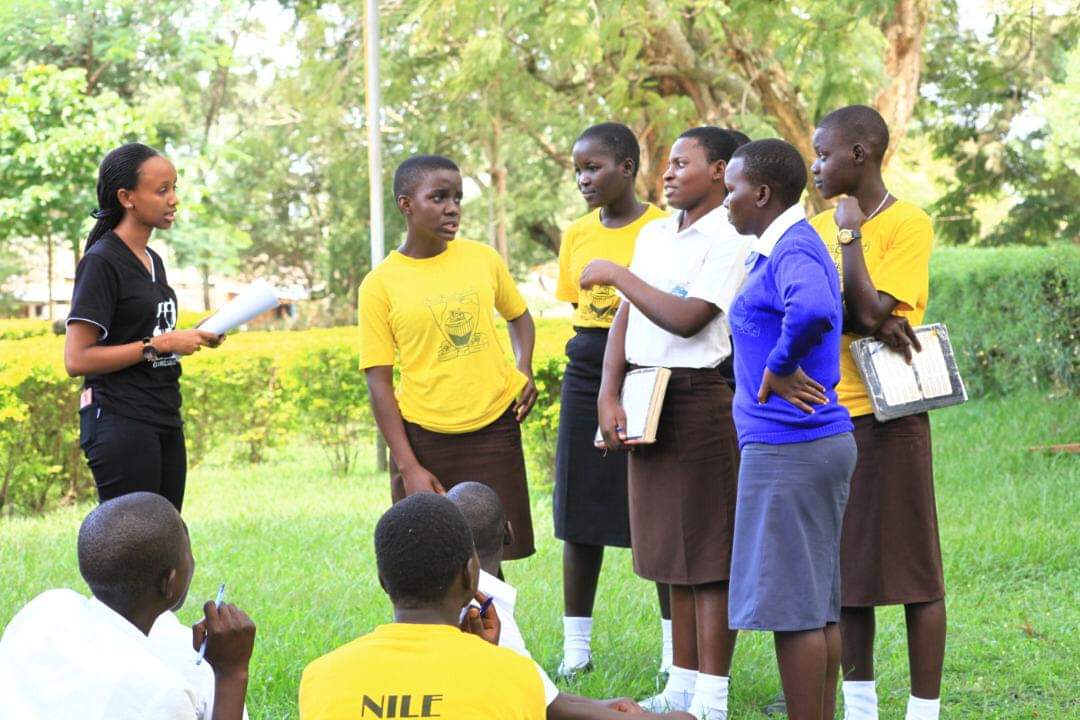
GAUP: Giving girls a second chance through menstrual hygiene
Since 2014, the Government of Uganda has intensified and set the discourse for Menstrual Hygiene management as it presents challenges to girls in low-income settings. A baseline survey by Plan Uganda 2018, shows that 18% of girls reported missing school due to menstrual-related problems.
Another report by the International Rescue Committee confirms that girls reported substantial embarrassment and fear of teasing related to menstruation in the qualitative interviews. This is in addition to menstrual pain and lack of effective materials for menstrual hygiene management which led to school absenteeism. Even the policy makers interviewed reported poverty and menstruation as the key factors associated with school attendance.
Apio Marion, a resident of Tororo in the eastern region of Uganda is defying odds by providing solutions for the girls in Tororo through her Girls Alive Uganda Project. With a strong desire to help the girl child, Apio decided to start a project to provide sanitary towels so that their education isn’t affected.
Girls Alive Uganda Project is an initiative, where young girls in school are trained to make reusable sanitary towels and equipped with menstrual hygiene management skills.
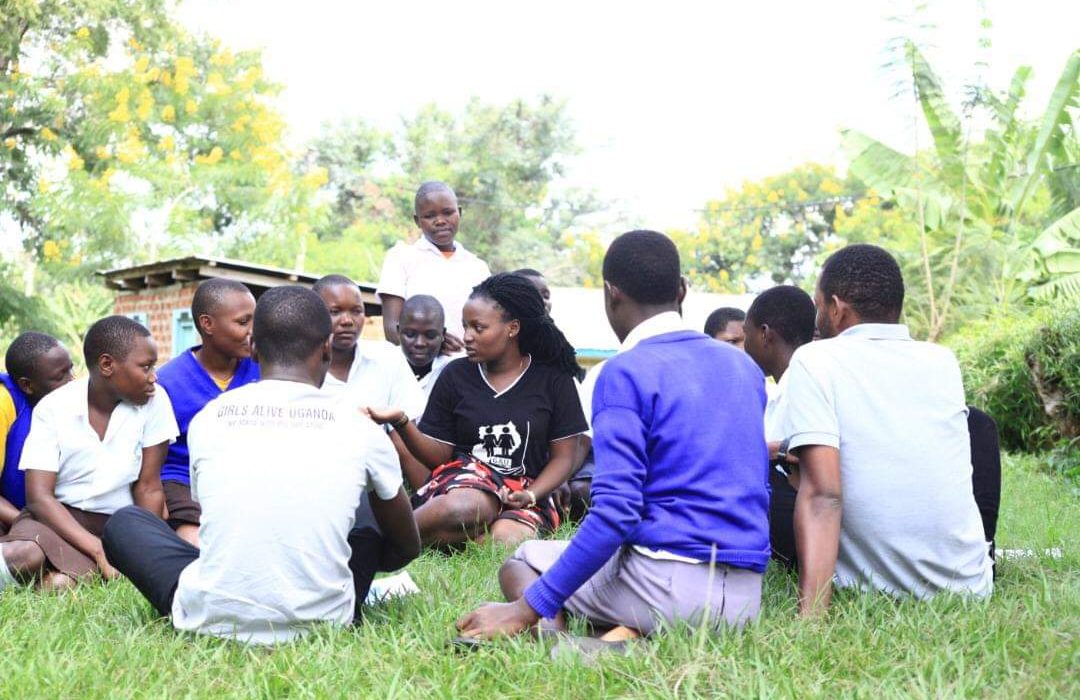
“I have always had a desire to help young people, and one of the ways I could do it was by providing sanitary towels to the girls in Tororo as it is an essential tool to the girl child education,” Apio says.
Dropping out of school was reportedly highest in Tororo with 30.7% of adolescents missing school as compared to other districts in the greater north such as Lira and Alebtong that had a lower absentee rate of 25.6%.
For many girls in Tororo, menstruation means no school. Therefore, the lack of sanitary towels has led to high rate of school absenteeism by many vulnerable girls that cannot afford the available manufactured sanitary towels.
As a result, the girls cannot favorably compete with their male and fellow female counterparts or those that can afford expensive ones.
This was associated with wide spread poverty, especially in rural areas which limits women and girls’ ability to afford decent sanitary materials like pads. Schools have limited funds to provide basic facilities like water, changing rooms, rest rooms, handwashing facilities and drying facilities.
“Menstruation is a challenging season in a vulnerable girl’s life and creates uneasiness. It causes symptoms such as hormonal changes, abdominal cramps, constant headaches, general body weakness and loss of appetite. Inability to have a pad further increases the burden and discomfort,” Apio notes.
GAUP believes that every girl has a right to education and clean sanitary towels regardless of their economic background. The initiative therefore seeks to mitigate high rate of school absenteeism, especially in the rural parts of the country that is highly induced by cultural beliefs and myths about menstruation.
While not much can yet be done about the physical challenges, there can be an improvement in the materials to create cheap yet hygienic menstrual pads with limited side effects.
Apio says there is need to develop a multi-stakeholder approach towards Menstrual Health intervetions. She believes that a clear and formal multi-sectoral coordination mechanism for menstrual hygiene management at all levels in the country will put an end to this problem.





